[dflip id=”65974″][/dflip]

Verité Internships – Website

Principle 5 Safe Work Environment – risks article

FLIP Newsletter October 2019

Ghana FLIP DEC 2020 Newsletter

The New York Times
Read the full-text of the article below or on The New York Times Website. Report Cites Forced Labor in Malaysia’s Electronics Industry By STEVEN GREENHOUSE SEPT. 17, 2014 Nearly one in three migrant workers in Malaysia’s thriving electronics industry toils under...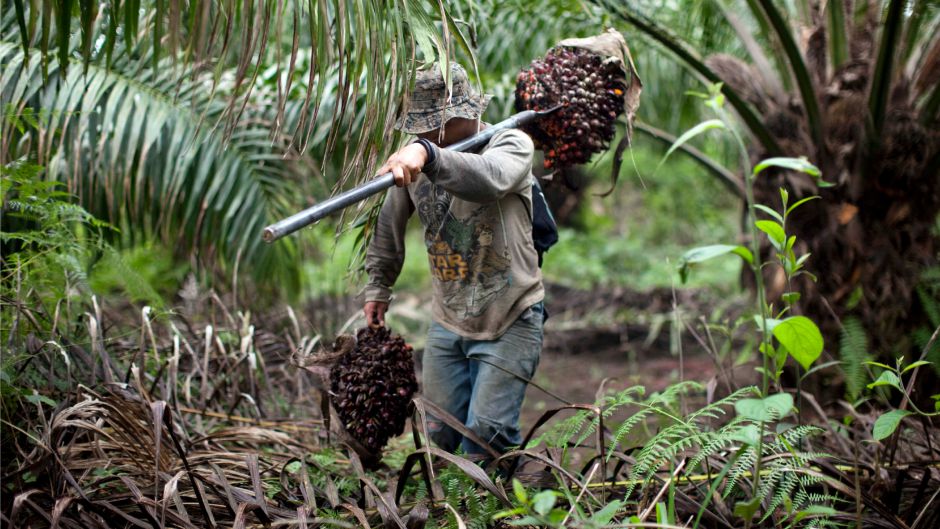
Quartz
Guatemala is among the world’s most prolific palm-oil-producing countries, but it also appears to be one of the cruelest. A new report (pdf) released by the international labor watchdog Verité details the labor and human rights problems in Guatemala’s fast-growing palm oil industry. And there are many, according to the report: Forced labor, child labor, health and safety risks, poor housing, environmental damage, and wage exploitation are just the highlights of the list of dangers facing impoverished palm oil workers and farmers in the country.
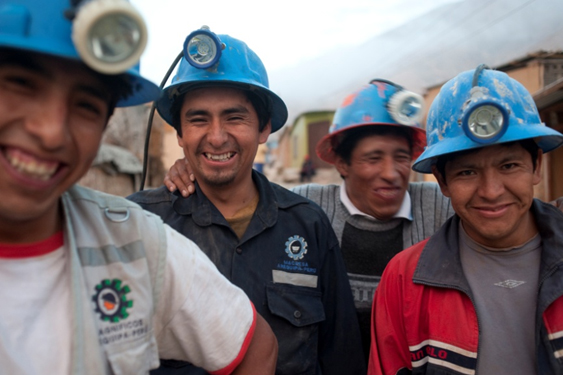
Our Work in Gold
The production of gold has been associated with egregious labor abuses, including forced and child labor, as well as violations of community land rights and environmental degradation. Small-scale miners often labor in hazardous conditions and harsh environments while earning wages below legal minimums, in some cases indebted to employers, moneylenders or other actors or being paid in kind for their work. The gold rush of recent years has attracted the attention of a diverse set of market actors, including not only multinational companies and small-scale or artisanal miners, but also criminal networks and other unscrupulous parties.
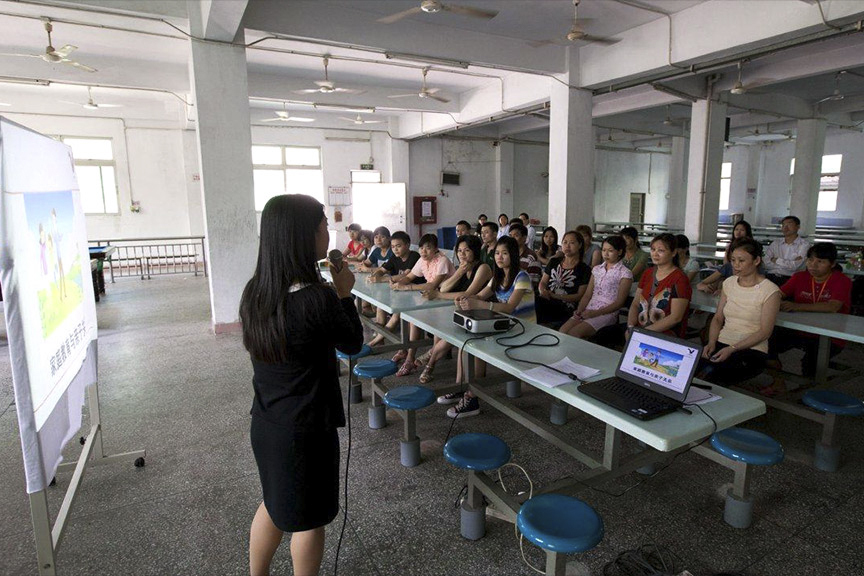
CNN
Read the full-text of the article below or on the CNN Website. Big business fights human trafficking April 11, 2013 by Steve Hargreaves Once almost exclusively a problem tackled by governments and do-gooder organizations, corporations are beginning to take an active...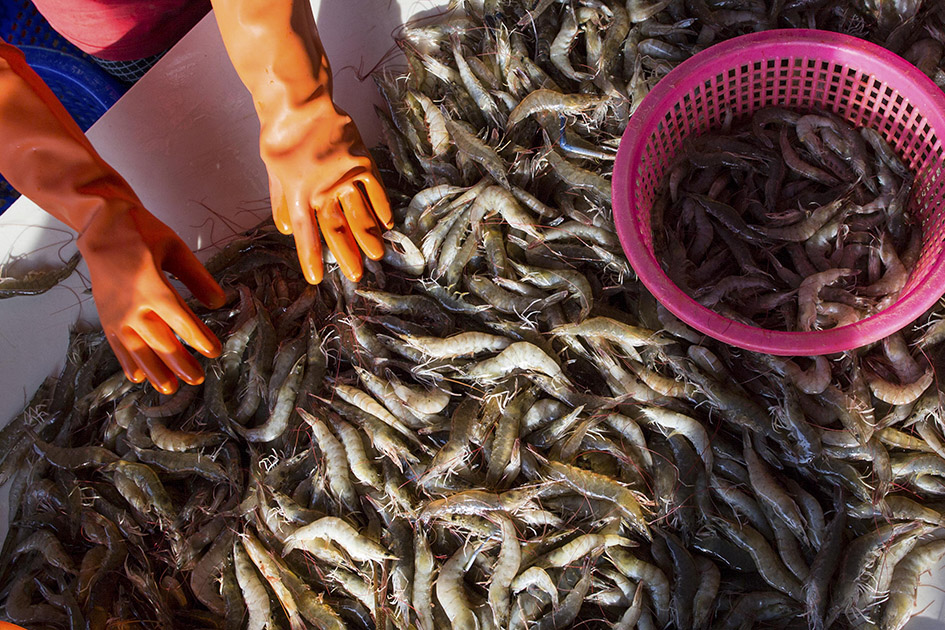
Associated Press
Impoverished migrant workers in Thailand are sold or lured by false promises and forced to catch and process fish that ends up in global food giant Nestle SA’s supply chains. The unusual disclosure comes from Geneva-based Nestle SA itself, which in an act of self-policing announced the conclusions of its yearlong internal investigation on Monday. The study found virtually all U.S. and European companies buying seafood from Thailand are exposed to the same risks of abuse in their supply chains.Nestle SA, among the biggest food companies in the world, launched the investigation in December 2014, after reports from news outlets and nongovernmental organizations tied brutal and largely unregulated working conditions to their shrimp, prawns and Purina brand pet foods. Its findings echo those of The Associated Press in reports this year on slavery in the seafood industry that have resulted in the rescue of more than 2,000 fishermen.
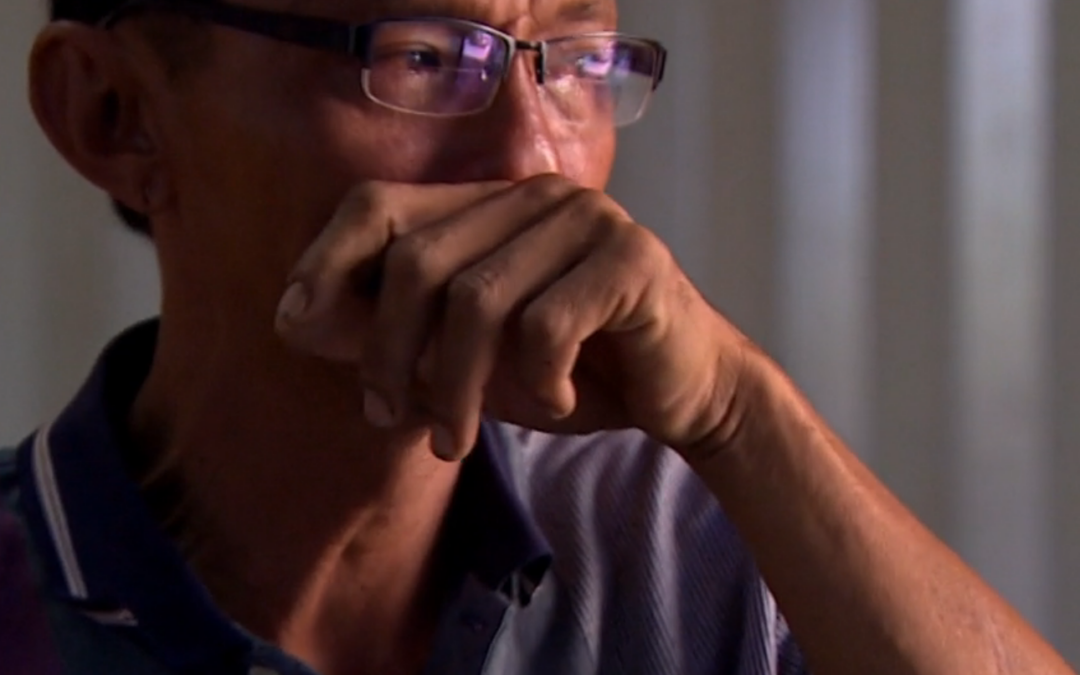
CNN Money
Global food giant Nestle said it has found that its Thailand seafood suppliers are engaged in abusive labor practices — a risk many companies face when sourcing from the country’s fishing industry.

Skoll
For the last two years, Verité has been meeting with migrant workers in the electronics sector in Malaysia to understand their experiences. Our findings shocked us – one in three of the hundreds of thousands of migrants working in Malaysian electronics manufacturing is in a condition of forced labor. These Burmese, Nepalis, Indians, Bangladeshis, Vietnamese, Thais, Indonesians and Filipinos work in modern factories. But because they are foreigners they are often employed by third-party labor agents rather than the factories themselves.
Addressing Forced Labor in the Cocoa Sector in Cote D’Ivoire
New Research Addressing Forced Labor in the Cocoa Sector in Côte D’Ivoire Verité is pleased to release a new independent research study on the nature and indicators of forced labor and human trafficking for labor exploitation in the cocoa sector in Côte...
Responsible Recruitment
Verité performs research and develops tools, guidance and approaches to support responsible recruitment and hiring.

Bloomberg Businessweek
As the minutes ticked by on the afternoon of April 28, 2015, Harold Vilches watched stoically while customs officers at Santiago’s international airport scrutinized his carry-on. Inside the roller bag was 44 pounds of solid gold, worth almost $800,000, and all the baby-faced, 21-year-old college student wanted was clearance to get on a red-eye to Miami. Vilches had arrived at the airport six hours early because he thought there might be some trouble—he’d heard that customs had recently seized shipments from competing smugglers. But Vilches had done this run, or sent people to do it, more than a dozen times, and he’d prepared his falsified export paperwork with extra care. He was pretty sure he wouldn’t have any trouble. While he waited, he texted his contacts in Florida, telling them he’d already cleared customs. The plan was to hand off the gold at the Miami airport to a pair of guards, who would load it into an armored truck for the short trip to NTR Metals Miami LLC, a company that buys gold in quantities large and small and sells it into the global supply chain.